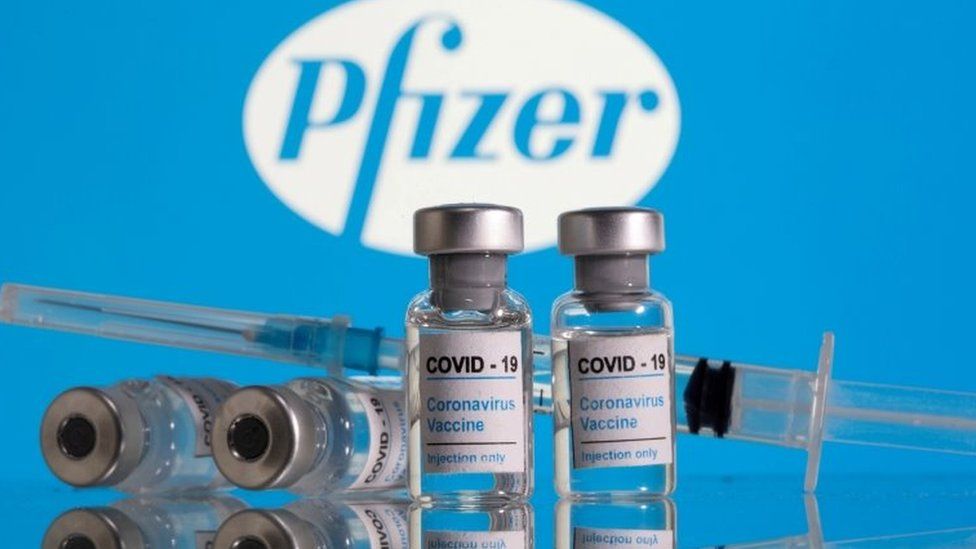Ukrainian officials said they have procedures in place for a potential Russian assault on the Zaporizhzhia power plant, as Kyiv warned of a provocation from the Kremlin at the facility.
Deputy Defense Minister Hanna Maliar warned Moscow is capable of “completely reckless actions” that could it try to pass off as sabotage by Ukraine. At the same time, Kremlin spokesperson Dmitry Peskov said there is a “great threat of sabotage by Kyiv” at the plant, which could have “catastrophic consequences.”
Maliar said on Wednesday: “In order to minimize potential negative consequences, emergency services have been training for several days in four Ukrainian regions — Dnipropetrovsk, Zaporizhzhia, Kherson and Mykolaiv — to overcome the consequences of a possible terrorist attack on the ZNPP.”
Russia could attack the plant, she warned, to turn the momentum of the war in its favor and “achieve its military goals,” she added.



